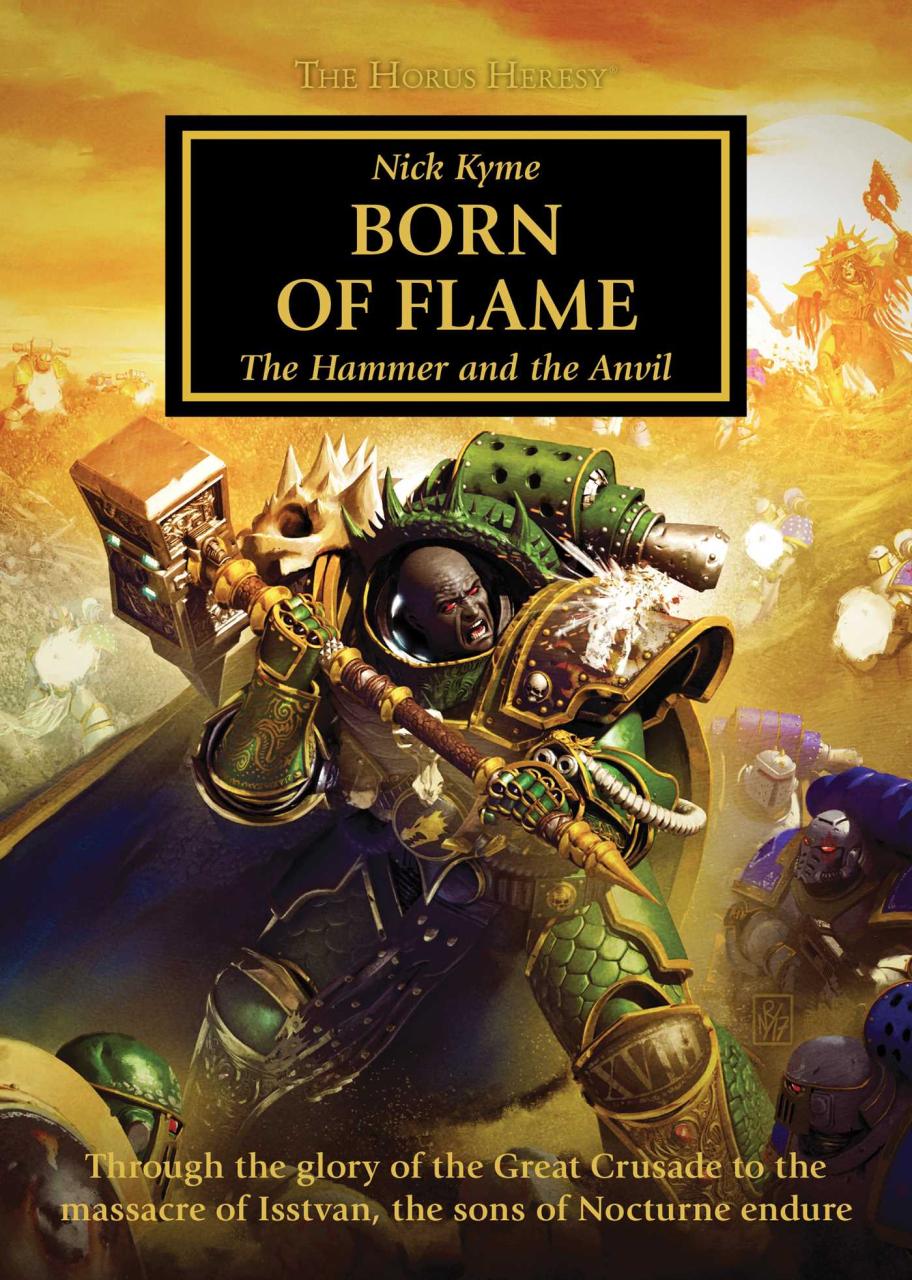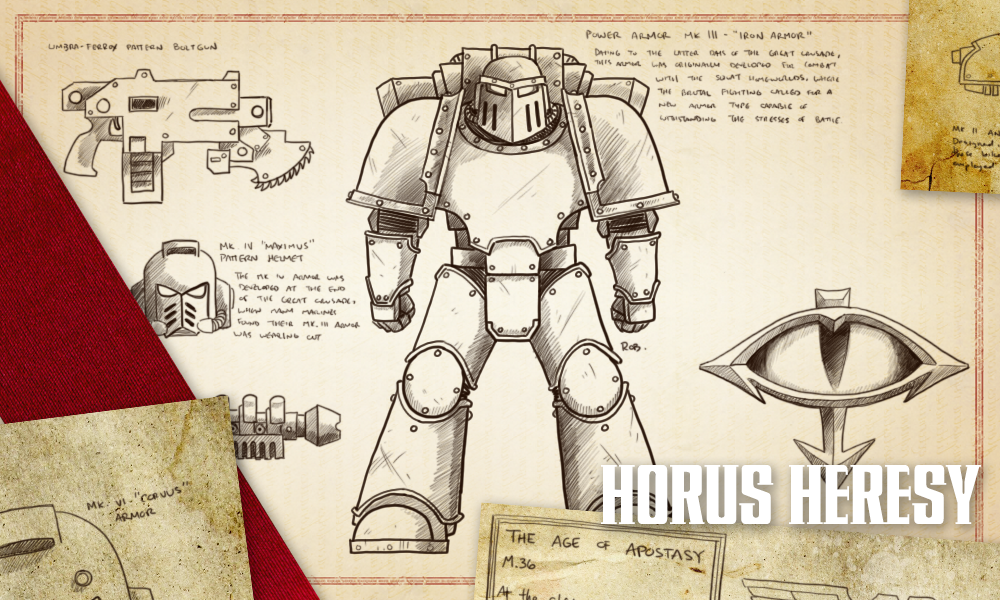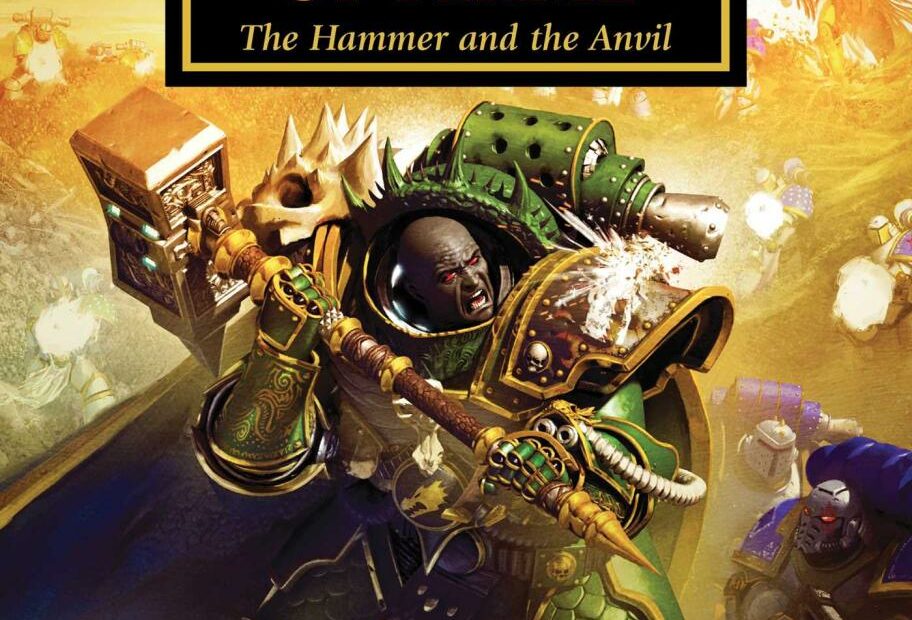What Is The Great Heresy: Unveiling Forgotten Beliefs
Heresy Is The Destruction Of The Faith By Theft | Hilaire Belloc
Keywords searched by users: What is the great heresy what is a heresy, list of heresies pdf, heresies in the catholic church today, heresies in the church today, early church heresies chart, religious heresy, list of heresies in the orthodox church, heresy catholic definition
What Are The Four Great Heresies?
The four great heresies in Christian theology, known as the Nestorian, Eutychian, Apollinarian, and Arian heresies, represent significant doctrinal controversies that emerged in the early centuries of the Christian Church. These heresies challenged the orthodox understanding of key theological concepts, leading to debates and divisions within the Christian community. Each heresy is named after its respective proponent or the theological issue it primarily focused on. To better understand these heresies, let’s briefly explore each one:
-
Nestorianism: This heresy was associated with Nestorius, a bishop of Constantinople in the 5th century. Nestorianism emphasized a clear distinction between the divine and human natures of Jesus Christ, to the extent that it appeared as if there were two separate persons: one divine and one human. This stance contradicted the traditional belief in the hypostatic union, where Jesus is fully God and fully human in one person.
-
Eutychianism: Eutychianism, named after Eutyches, an archimandrite in the 5th century, took an opposing view. It advocated that Jesus’ divine nature completely absorbed His human nature, resulting in a single, blended nature. This perspective undermined the idea of Jesus’ full humanity and raised concerns about the implications for salvation.
-
Apollinarianism: Apollinaris, a theologian in the 4th century, proposed a heresy suggesting that while Jesus had a human body, He did not possess a human rational soul. Instead, Jesus’ divine nature replaced the human soul, which created theological dilemmas regarding the completeness of His humanity.
-
Arianism: This heresy, associated with Arius in the 4th century, denied the full divinity of Jesus Christ. Arians believed that Jesus was a created being and not co-eternal with God the Father. This view was in direct conflict with the Nicene Creed, which affirmed the equality of the Son with the Father in the Holy Trinity.
These four great heresies played a crucial role in shaping early Christian theology and contributed to the development of orthodox Christian doctrine. They prompted ecumenical councils and theological discussions that clarified the Church’s stance on essential matters of faith, ultimately helping to define the core beliefs of Christianity.
What Is The Most Important Heresy?
What is the most significant heresy in Christian history?
The term “Arianism” derives its name from Arius, a priest who lived between approximately 250 and 336 AD in Alexandria. Arianism is widely regarded as one of the most crucial and contentious heresies in the history of Christianity.
Aggregate 35 What is the great heresy






Categories: Update 86 What Is The Great Heresy
See more here: tfvp.org

Learn more about the topic What is the great heresy.
- The Great Heresies | Catholic Answers Tract
- The Four Great Heresies – John William Charles Wand
- Early Christian Heresies
- List of heresies in the Catholic Church – Wikipedia
- Heresy | Definition, History, & Examples – Britannica
- The Sin of Heresy: Opposition to Heresy in Augustine’s Confessions
See more: blog https://tfvp.org/category/science
